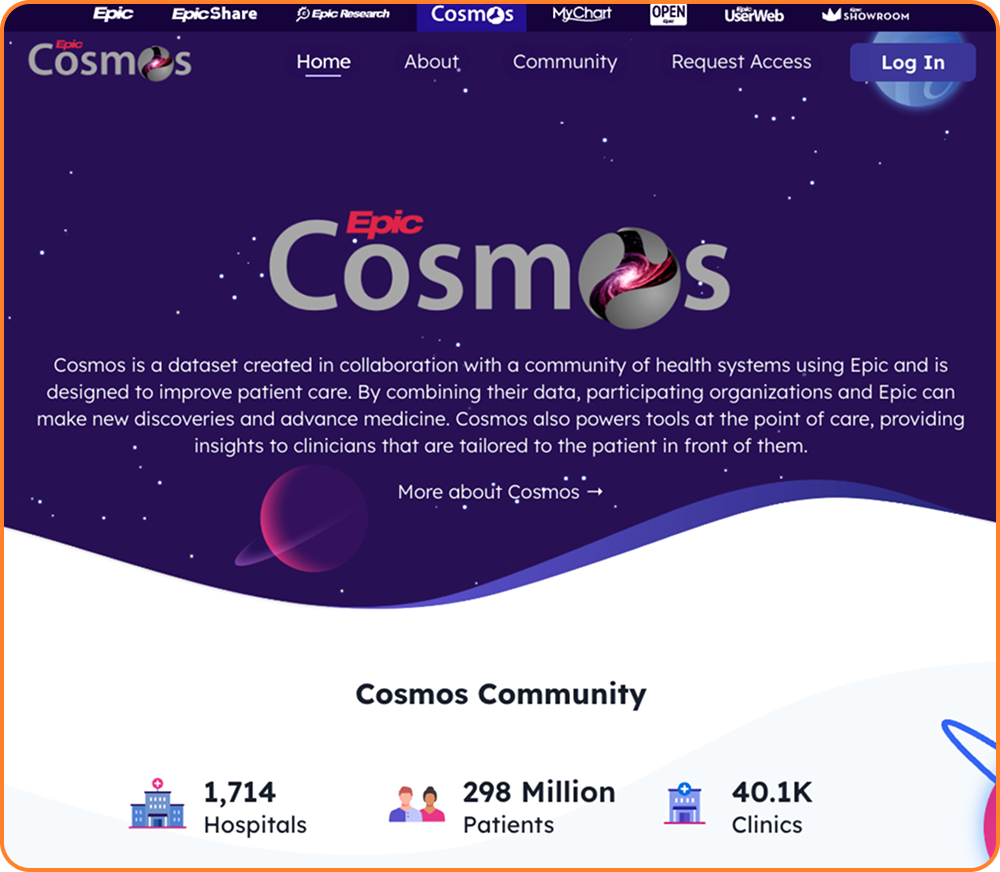Hey Siri, meet your new competition! Meta just launched its first standalone Meta AI app, combining its Ray-Ban smartglasses companion with a social-first AI assistant that's trying to outshine ChatGPT, Gemini, and the rest of the AI assistant crowd.
Remember those Ray-Ban Meta smartglasses? If you own a pair (like I do), you might have noticed your Meta View app acting strange today. That's because Meta just transformed it into their new AI hub—absorbing your glasses settings while adding a whole new layer of AI functionality.
The app, unveiled at the company’s LlamaCon event, allows users to access Meta AI in a dedicated app environment similar to ChatGPT and other AI assistants. But here's where it gets interesting: Meta is betting its massive trove of user data will give it the edge.
I've been waiting for Meta to do this for MONTHS. Frankly, I'm surprised it took them this long to leverage their data advantage. After all, if you've been on Instagram since 2012, Meta probably knows your aesthetic preferences better than your significant other.
What makes Meta AI different?
- Powered by Llama 4: Built on Meta's freshly released Llama 4 models, which launched earlier this month with varieties like Scout, Maverick, and the still-cooking Behemoth (yes, that's really its name).
- Knows your digital life: It taps into information you've already chosen to share on Meta products, like your profile and content you engage with, to deliver more personalized responses.
- Social AI: Features a "Discover feed" where you can see how others are using AI—turning AI from a solitary experience into something more Instagram-like.
- Voice-first approach: Emphasizes hands-free interaction with a "Ready to talk" feature that can be toggled on in settings.
- Ray-Ban integration: Merges seamlessly with your Meta smartglasses, letting you start a conversation on your glasses and continue it on your phone (but not vice versa...yet).
The social "Discover feed" is particularly clever and gives a community vibe. Very on-brand for Meta.
For Mark Zuckerberg, this app is clearly step one in his master plan to dominate AI by year's end. During Meta's fourth-quarter earnings call in January, Zuckerberg boldly predicted, "This is going to be the year when a highly intelligent and personalized AI assistant reaches more than 1 billion people, and I expect Meta AI to be that leading AI assistant."
Bold words from Zuck, considering ChatGPT has already secured more than 5.5 billion monthly visits. But remember when Instagram copied Snapchat's Stories feature and then completely dominated it? Meta has a history of successful "borrowing."
The good: If you've been on Facebook, WhatsApp, or Instagram for years, this AI might actually "get" you better than competitors. It knows what you like, who you talk to, and what content you engage with.
The not-so-good: Meta is jumping into an already crowded pool where ChatGPT and Gemini have been swimming laps for months. Plus, for the privacy-conscious among us, the idea of Meta digging deeper into your data might set off alarm bells.
Reality check: Early tests suggest the personalization isn't dramatically better than competitors (yet). Meta is banking on the social aspects and glasses integration being enough to win you over.
For now, the app is available in the US and Canada, with those personalized responses limited to those regions as well. Whether it actually delivers on its promises remains to be seen, but one thing's clear: the AI assistant war has a serious new contender with deep pockets and even deeper access to your digital life.
Our take: Can Meta really overtake ChatGPT? In the short term, probably not. But Meta has something most AI companies don't: billions of active users across existing platforms. From a data perspective, this is likely the most intrusive AI approach yet. Whether that leads to AI bliss or privacy hell, however, remains to be seen.
If even a small percentage adopt the standalone app, Meta AI could reach a scale that took others years to achieve. Is that enough? Zuck clearly thinks so.







